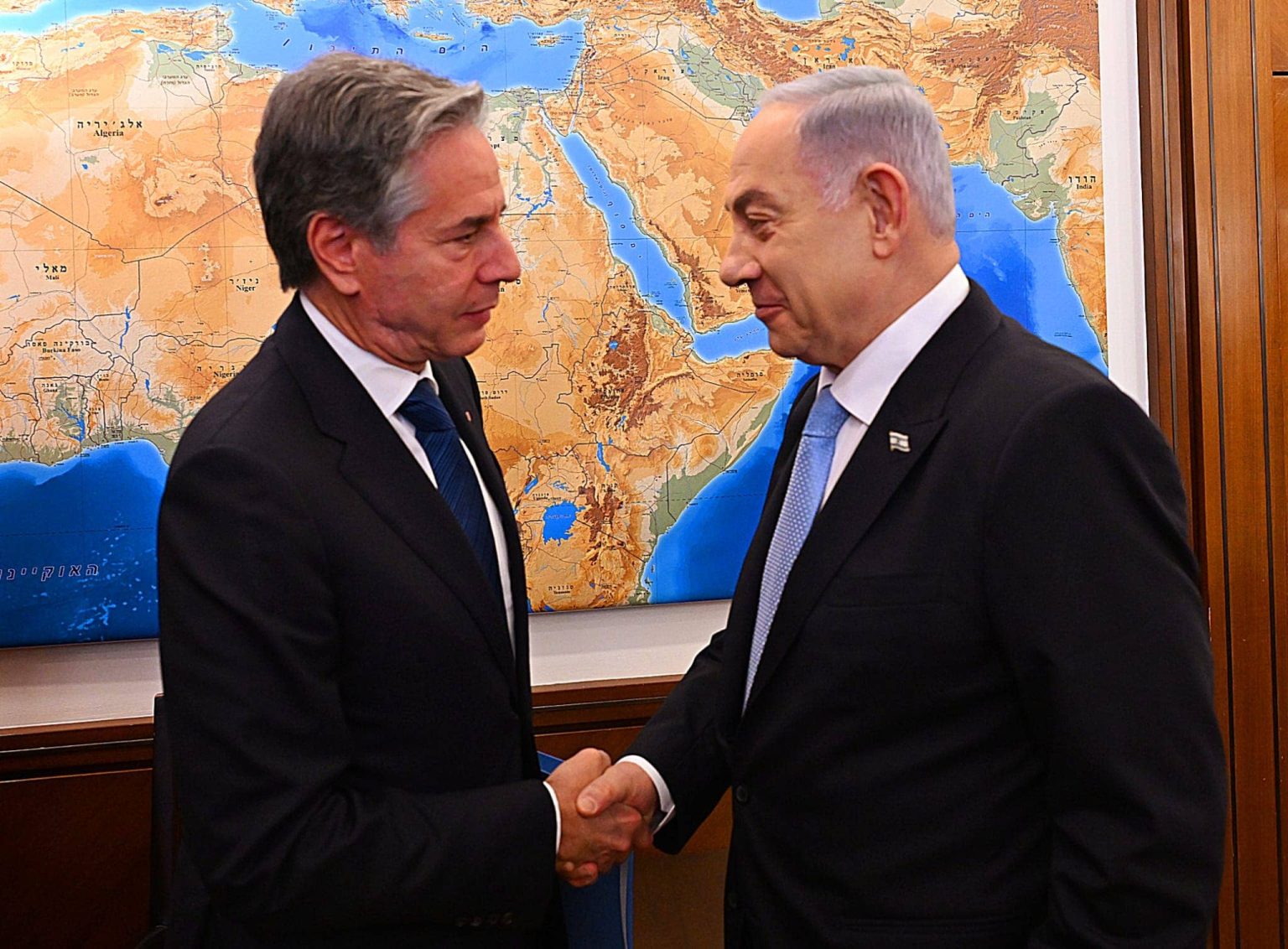Israeli Prime Minister Benjamin Netanyahu has accepted President Biden’s cease-fire plan to end the 10-month war in Gaza, but whether the fighting will actually stop depends on Hamas. Secretary of State Antony Blinken stated that the proposal put forward last week by the White House, in coordination with leaders from Qatar and Egypt, has been accepted by Netanyahu. However, it is now up to Hamas to do the same. Blinken emphasized the need for both parties to come together with the help of mediators to reach clear understandings on how to implement the commitments under the agreement. Netanyahu has not formally agreed to any cease-fire at this time, as both Jerusalem and Hamas have complex issues that will require hard decisions to truly end the war.
During a meeting between Blinken and Netanyahu, it was reported that Netanyahu had accepted the terms of the cease-fire proposal. This came after months of negotiations and highlights the urgency felt across the region to bring the conflict to an end. The proposal is expected to include provisions for the release of all hostages held since Hamas’ attack in 2023. Uncertainty remains regarding whether the proposal addresses Israeli control over strategic corridors inside Gaza, like the Philadelphi Route. Hamas has stated that this route is a non-starter for any peace agreement, while Israel maintains it is a security issue as long as Hamas exists.
Despite the acceptance of the cease-fire proposal by Netanyahu, details about the specific provisions were not disclosed by Blinken. He emphasized the need for hard decisions to be made by both parties before the war can be considered truly over. Blinken’s visit to Israel marked his ninth trip to the Middle East since the conflict began, and he is set to continue negotiations in Egypt and Qatar in the coming days. The United States is deeply committed to facilitating this process and getting it done as soon as possible. Concerns remain high in the region about the potential for a greater regional war, given threats from Iran and other extremist groups.
The acceptance of the cease-fire plan by Netanyahu follows months of negotiations and discussions with mediators from the United States, Egypt, and Qatar. While the proposal aims to bridge the gaps between the warring parties, the onus now falls on Hamas to also accept the terms and work towards implementing the commitments outlined in the agreement. It remains to be seen how the complex issues facing both Jerusalem and Hamas will be resolved to bring about a lasting peace in the region. Netanyahu’s acceptance is a significant step towards ending the conflict, but challenges remain to ensure a comprehensive and sustainable cease-fire.
One of the key points of contention in the cease-fire negotiations is the issue of Israeli control over strategic corridors inside Gaza, such as the Philadelphi Route. Hamas has made it clear that this is a non-negotiable aspect of any peace agreement, while Israel insists it is a critical security concern as long as Hamas remains a threat. The details of the proposal accepted by Netanyahu and the potential implications for these strategic areas have not been fully disclosed. The involvement of mediators from the United States, Egypt, and Qatar will be crucial in addressing these complex issues and finding a mutually acceptable resolution.
The ongoing conflict in Gaza has drawn significant international attention and raised concerns about the potential for a wider regional war. The cease-fire negotiations led by the United States aim to bring about a peaceful resolution to the conflict and address the underlying issues that have fueled the violence. Benjamin Netanyahu’s acceptance of the cease-fire plan is a positive development, but the situation remains fragile, with the actions of Hamas playing a crucial role in determining the outcome. The US remains committed to working towards a lasting peace in the region, and further negotiations are expected to take place in Egypt and Qatar. The need for urgent action and cooperation by all parties involved is paramount to prevent further escalation and bring about a sustainable cease-fire in Gaza.


